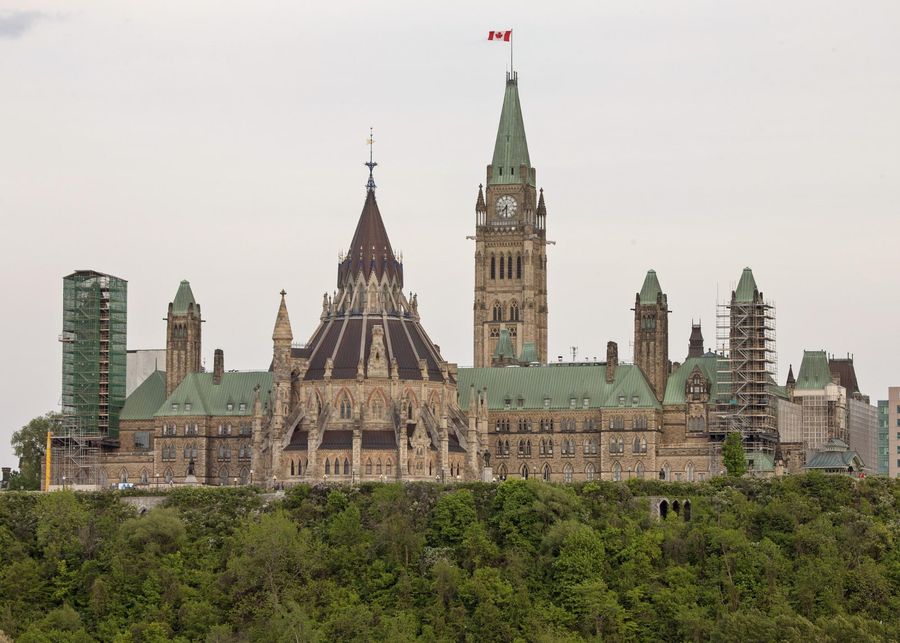
Countless renters have endured a difficult year because of pandemic-induced job losses, and their difficulties have extended to small landlords, many of whom find themselves in precarious positions as well.
In the capital, the Ottawa Small Landlord Association (OSLA), established last fall, is advocating on the behalves of the city’s rental property owners. In addition, renters incapable of paying rent to no fault of their own, other opportunistic renters have taken advantage of the provincial government’s moratorium on rental evictions and now some unfortunate landlords, who have received scant government relief for lost rental income, are stuck between a rock and a hard place.
And according to the OSLA’s founder and president, that’s just the tip of the iceberg.
“In the City of Ottawa alone since the beginning of 2020, there are a combined 11 different rental housing regulations,” said Tony Miller, a realtor, landlord and registered lobbyist at city hall, where he consults on proposed legislations. “Ottawa used to be somewhat friendly to landlords, but I can’t say that anymore. From a small landlord’s perspective, typically one bylaw doesn’t scare people away—you just have to deal with it—but when there’s a combination like we have now, those don’t encourage small landlords to stay in the business. It doesn’t encourage people to get into the business at all.”
Chief among the proposed regulations that rankle is a vacant unit tax modelled after Vancouver’s, the intent of which is to curtail speculation, but Miller says such a problem isn’t endemic in Ottawa. Although he concedes there’s a slew of vacant units in the city, he cited a different reason.
“Small landlords who keep their units vacant aren’t speculators; they buy for cash flow and want their units tenanted, and they need that income,” he said. “What’s happening now is because of the Landlord and Tenant Board’s (LTB) nine-month hearings backlog and the eviction ban, 23% of small landlords left one or more units vacant in February,” Miller said, quoting internal survey results. “How will the city reconcile their vacant unit tax with the fact that small landlords are making tough decisions to leave their units vacant because of the LTB backlog and having no resources to evict bad tenants damaging property or not living up to the Residential Tenancies Act?”
As the Ontario Landlords Association (OLA) previously told CREW, both corporate and independent landlords are vulnerable to the whims of the state, and without unencumbered enforcement mechanisms, delinquent tenants will keep gaming the system.
“A lot of people are taking advantage of this because there’s no enforcement of eviction,” said Willam Blake, a landlord and OLA representative. “People not previously paying rent saw this as an opportunity to keep not paying rent. If you don’t pay me for six months and I can’t enforce it, you’ll ask yourself, ‘Why do I even have to leave?’”
As a small landlord himself, Miller is a long time advocate who formed the OSLA last year with the objective of influencing legislation, even if he readily admits that his efforts can sometimes be in vain—“We already know the decision is made, so it’s more about influencing the underlying work to mitigate the impact on small landlords”—and to educate his membership. He says that with the help of other tireless workers, like Kayla Andrade of Ontario Landlords Watch, he hopes to make the rental landscape as hospitable to landlords as it is to tenants.
He added that city hall has, for the most part, been receptive to his ideas, which he hopes will help them see the bigger picture.
“We want to incentivize people to become landlords by putting a pause on regulations,” said Miller. “The city has really big plans for intensification and small landlords love building secondary suites.”
2021-03-18 12:31:34
Source link


